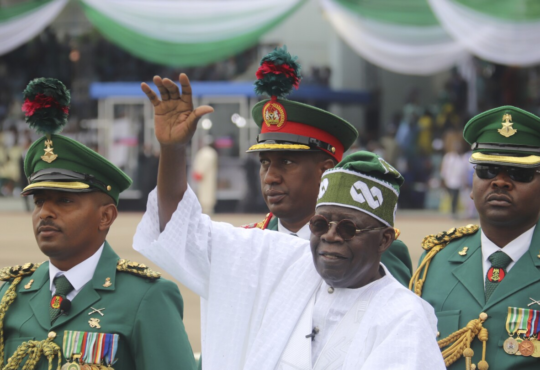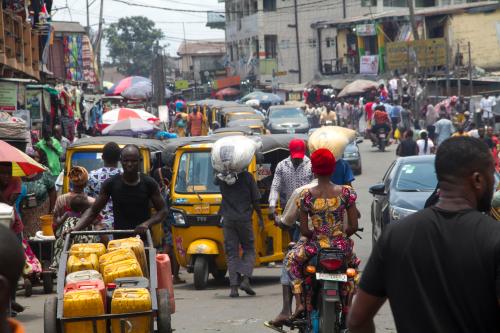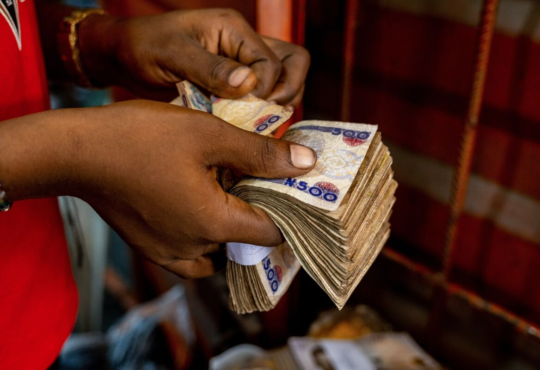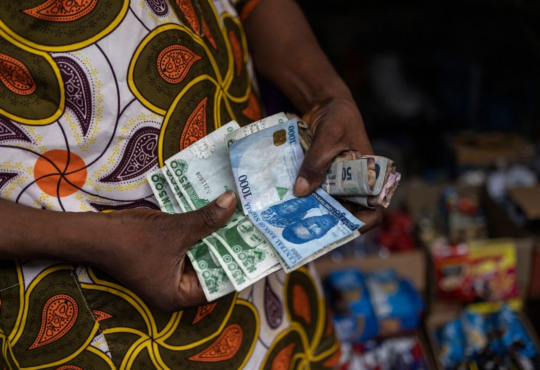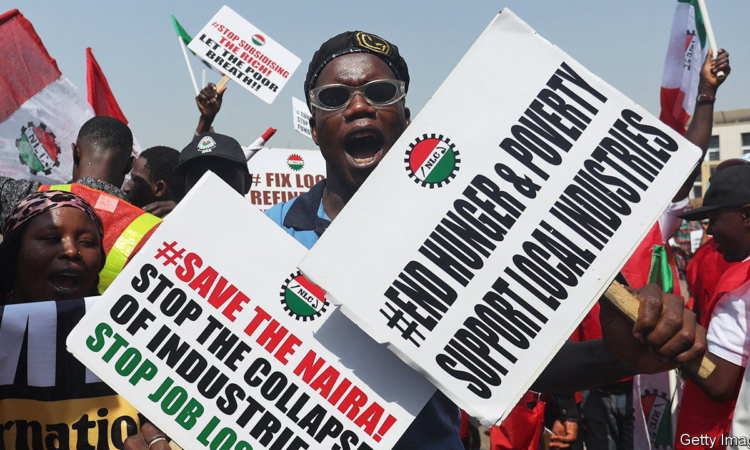
Try our new AI-powered search
beta
On the wealthy peninsula of Victoria Island in Lagos, Nigeria’s commercial capital, no one knows how much their grocery shopping costs. Prices are changing so quickly that shopkeepers have given up on tags altogether. At the till, one might be shocked to discover that a tomato is now 120 naira (8 cents). Last year that could get you four, enough to balance out the hot spice in a pot of jollof rice. That staple dish is made dearer still by the soaring prices of onions and rice, forcing the poorest Nigerians to skip meals. Because Nigeria is dependent on imports, its weaker currency is pushing the annual inflation rate towards a three-decade high at almost 30%.
This article appeared in the Middle East & Africa section of the print edition under the headline “Nary a dollar”
Discover stories from this section and more in the list of contents
Almost 40 people have died in violence
Voters turned their backs on hardliners for Masoud Pezeshkian, a reformist candidate
New forest-mapping rules may shut African crops out of European markets
Almost 40 people have died in violence
Voters turned their backs on hardliners for Masoud Pezeshkian, a reformist candidate
New forest-mapping rules may shut African crops out of European markets
It would feature kamikaze drones, mass blackouts and the largest missile barrage in history
They are militaristic, nationalistic and keen to cut a deal
A zealot and a reformer will contest a second-round poll on July 5th
Published since September 1843 to take part in “a severe contest between intelligence, which presses forward, and an unworthy, timid ignorance obstructing our progress.”
To enhance your experience and ensure our website runs smoothly, we use cookies and similar technologies.
Copyright © The Economist Newspaper Limited 2024. All rights reserved.


